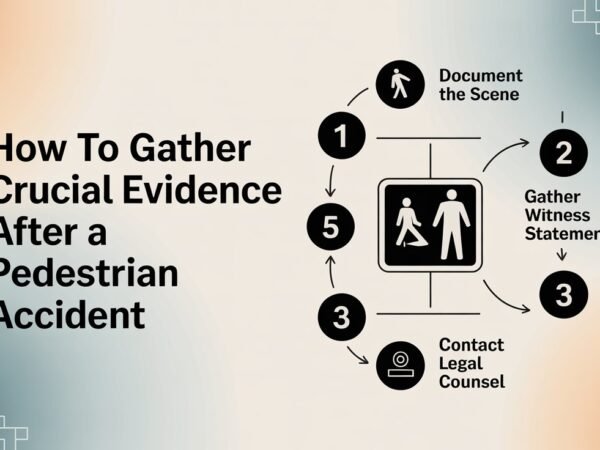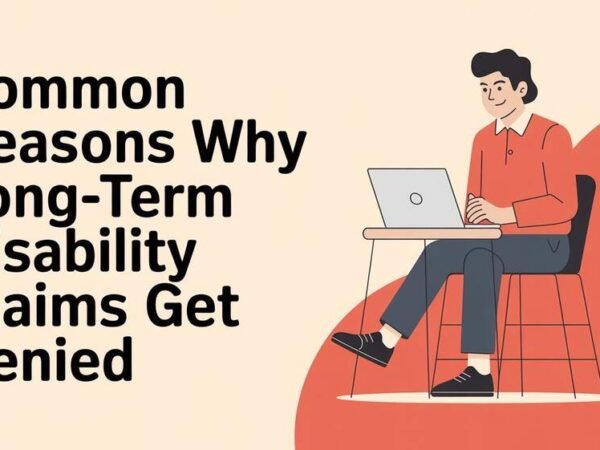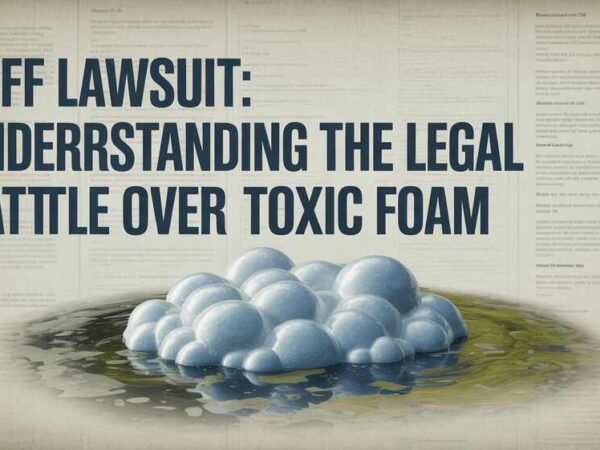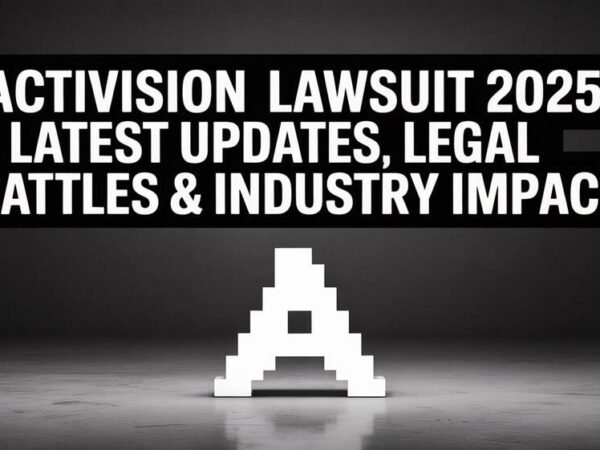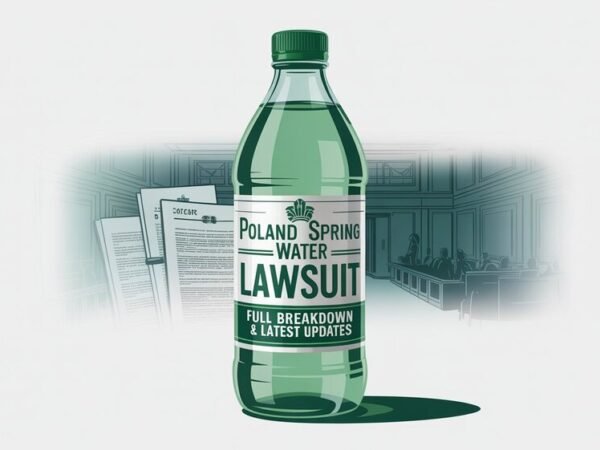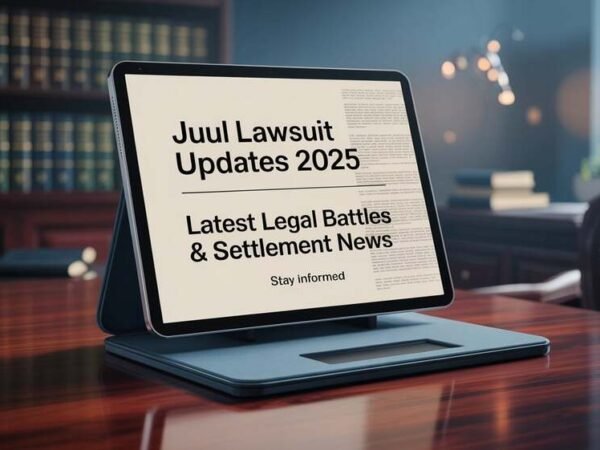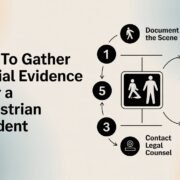Introduction to the Lexington Law Controversy
Lexington Law has long been associated with credit repair services in the United States. For years, the firm promised to help individuals fix their credit scores by disputing errors and negotiating with creditors. However, this reputation came crashing down with one of the most significant legal battles in the financial services industry. The Lexington Law lawsuit, now making headlines in 2025, has reshaped consumer trust in credit repair firms and raised serious questions about transparency and legality in financial services. At the center of this lawsuit is the Consumer Financial Protection Bureau (CFPB), which has aggressively pursued action against Lexington Law and affiliated companies, alleging multiple violations of federal law.
The Origins of the Lawsuit Against Lexington Law
The roots of the Lexington Law lawsuit stretch back to years of growing concern over the practices of PGX Holdings Inc., Progrexion Marketing, CreditRepair.com, and Lexington Law itself. The CFPB launched its investigation in response to increasing consumer complaints and evidence of misleading practices. According to the Bureau, Lexington Law collected consumer fees before completing any meaningful service, which is prohibited under the Telemarketing Sales Rule (TSR). Over time, mounting evidence led to a full-blown lawsuit. The Bureau filed its case in 2019, but it wasn’t until late 2023 and into 2024 that the legal momentum reached a critical point. With federal courts involved and bankruptcy looming for the firm, the controversy has become a cautionary tale for consumers and companies operating in credit repair.
Key Legal Claims Made by the CFPB
The CFPB’s complaint alleged several core violations that underpinned the entire lawsuit. One of the most serious claims was that Lexington Law illegally charged upfront fees for credit repair services, directly violating the TSR. Consumers were often promised fast, reliable results but were hit with service charges before any disputes were filed or progress was made. This bait-and-switch approach misled countless individuals already struggling financially and desperate for assistance. Furthermore, the Bureau accused the firm of using deceptive advertising tactics, exaggerating success rates, and failing to provide a clear understanding of service limitations. These practices painted a misleading picture of credit repair, encouraging consumers to sign up under pretenses.
The Historic $2.7 Billion Judgment Explained
In a dramatic ruling, the court sided with the CFPB and imposed a record-breaking $2.7 billion judgment against Lexington Law and its associated companies. The size of the penalty not only reflected the scope of the misconduct and served as a warning to the broader credit repair industry. This judgment includes civil penalties, compensation for affected consumers, and enforcement costs. The amount was calculated based on the number of clients impacted, the duration of illegal activities, and the telemarketing operations’ scale. This case now stands as one of the most significant financial judgments against a credit service provider in U.S. history and reinforces the CFPB’s commitment to enforcing consumer protection laws.
How Affected Consumers Will Be Refunded
For the many consumers who paid Lexington Law and CreditRepair.com under pretenses, the refund process began in late 2024. According to the CFPB, checks were mailed between December 5, 2024, and January 6, 2025. Refund eligibility was based on records of payments made to the company during the affected period. The average refund amount varies depending on the total costs and the duration of service. Consumers who did not receive their checks or need them reissued due to expiration or address changes can request replacements through the CFPB’s refund website. The Bureau has also provided guidance to prevent fraud, warning recipients to be cautious of scammers pretending to be refund agents or attorneys.
Lexington Law’s Bankruptcy Filing and Business Impact
In response to the massive legal judgment and loss of consumer trust, Lexington Law and its parent companies filed for Chapter 11 bankruptcy in 2023. This move allowed the firm to restructure its debt and liquidate assets to cover legal obligations. As a result, over 80% of business operations, including customer service centers and telemarketing divisions, were shut down. Hundreds of employees were laid off, and the company’s once-dominant presence in the credit repair sector drastically diminished. While Lexington Law maintains a skeletal presence online, it no longer engages in large-scale marketing or direct-to-consumer outreach, effectively ending its reign as a household name in credit repair.
What This Lawsuit Means for the Credit Repair Industry
The Lexington Law lawsuit has sent shockwaves through the credit repair landscape. The $2.7 billion judgment and subsequent crackdown by the CFPB have led to increased scrutiny of similar firms across the country. Many companies have since adopted stricter compliance protocols, ensuring they do not collect fees upfront and offer more transparent service disclosures. It’s also driven many credit repair firms to pivot toward subscription-based models focusing on financial education rather than aggressive credit dispute tactics. From a regulatory standpoint, this case is expected to shape future legislation and strengthen protections for consumers seeking financial help.
CFPB’s New Consumer Protection Guidelines
In the aftermath of the lawsuit, the CFPB has stepped up efforts to protect consumers from fraudulent or misleading credit services. The Bureau has released updated guidelines on identifying legitimate credit repair services, including warning signs such as requests for upfront payments or guarantees of quick fixes. Consumers are urged to verify whether companies comply with the Credit Repair Organizations Act (CROA) and to check for any complaints with the Better Business Bureau or the CFPB database. Additionally, the agency has created an online portal for tracking refund disbursements and reporting potential scams related to the Lexington Law lawsuit.
Reactions From Legal Experts and Financial Analysts
Legal experts have described the Lexington Law lawsuit as a landmark case in consumer protection. Many analysts believe this sets a precedent for how aggressively regulators can and should pursue companies that exploit vulnerable consumers. Financial penalties are a significant deterrent against future violations in the credit repair industry and other sectors prone to predatory practices. Economic experts also note that this case highlights the importance of consumer education, particularly around credit reporting and debt management. There is growing demand for reform in the credit scoring system and more accessible, transparent alternatives to traditional credit repair services.
Final Thoughts on the Lexington Law Lawsuit
The Lexington Law lawsuit represents a pivotal moment in consumer finance history. From its origins in deceptive practices to a multi-billion-dollar judgment and mass refunds, the case underscores the importance of ethical business practices and rigorous regulatory oversight. For consumers, this serves as both a warning and a source of empowerment—encouraging vigilance when seeking financial help and reaffirming the protections available through federal agencies like the CFPB. As 2025 unfolds, the fallout from this case will continue to shape the future of credit repair, emphasizing accountability, transparency, and consumer-first principles.




